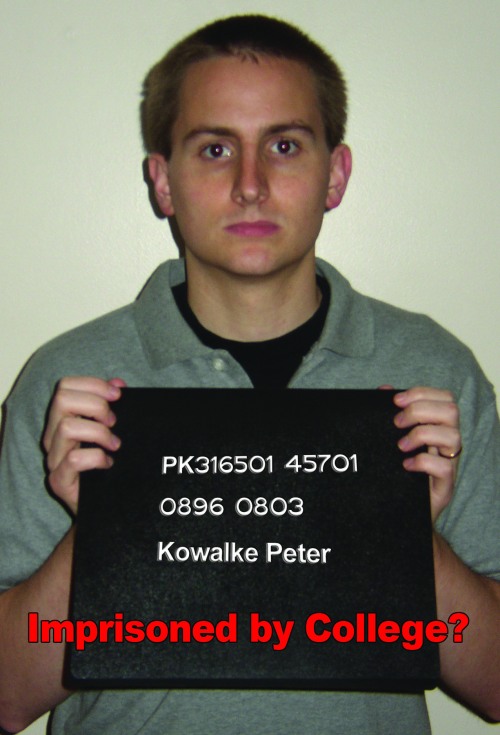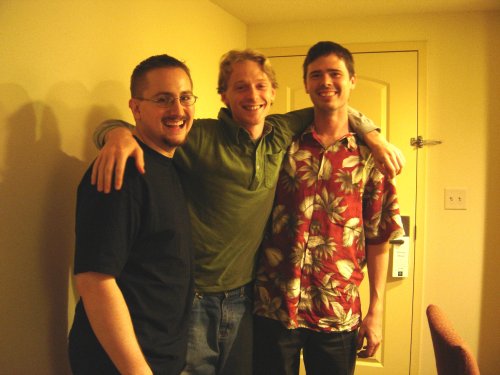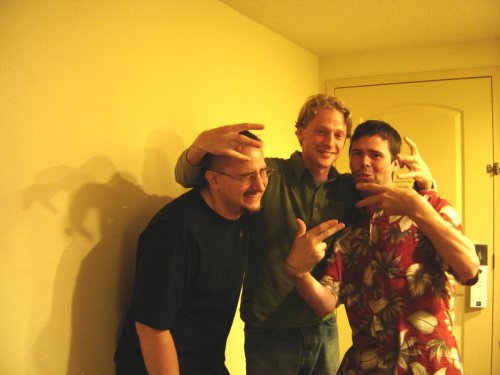A very important part of my homeschooling/unschooling was doing healing work. The freedom of unschooling allowed me to go through so much healing, some of it simply from being out of the school environment, some of it more direct.
When people talk about the “decompression” stage where young people leave school, start unschooling, and appear to “do nothing” for awhile, I think it’s really about healing. Below the surface, the motivation, self-confidence, and self-respect that was damaged in school is being healed.Trust is being developed.
First prompted by physical health problems, during those three years of unschooling in high school I did all sorts of healing work. I gave a speech at the end of those three years in which I said:
Healing can be anything, not just talk therapy, vitamins, pills, or homeopathy. Anything that makes you feel good, not in a superficial way but in a deep way, is healing.
I’ve done some weird healing over the years. You’ve heard of acupuncture? I did something like it, only weirder. You’ve heard of homeopathy? I did something like it, only a lot weirder. But simply things like walking through the woods have worked wonders for me.
(BTW: The weird accupuncture was Tong Ren Healing by Tom Tam. And the weird homeopathy was “flower essences“. Call me a hippie, but it helped.)
Working on an organic farm and doing wilderness education was also a major source of healing.
Unschooling, homeschooling, and healing relate to each other in my mind because I think you can’t really have freedom, do what you want, and follow your interests if you have deep wounds that need tending to.
I’ve found from personal experience that many of our actions can be controlled by pain that we may not even be conscious of.
When I started unschooling I really wanted to help people discover unschooling and the fact that they could direct their own lives. But I had so many wounds regarding that subject that whenever I talked about it I was angry, argumentative, and probably scared away people who might have actually been open to the idea.
And this was definitely not just about school. There were many wounds I had to heal from my family and the world around me. We inherit a lot from our families and I think the tragedies and injustices around the world affect us all on some level.
We are all connected.
It seems many families go through a healing journey during the unschooling and deschooling process. Still, not many homeschooling or unschooling advocates seem to talk specifically about healing.
I was happy to discover the website of Venus Taylor an African-American homeschooling/unschooling mom I know from the Boston area: www.familyhealinginstitute.com. She writes some beautiful posts about relationships and parenting.
Though she doesn’t use the term “radical unschooling” she gently expresses some of the same wisdom regarding parenting.
I didn’t have to do the same sort of healing as she did, I still really relate to and am moved by the gratitude she expresses in her most recent post:
Today, I celebrate every one and everything that helped me survive, cross over, stay sane. Every mentor, every songwriter, every author, every teacher – some I have thanked personally, others may not know me or remember me. By shining the light of love, they were a beacon of hope for a little girl lost.
I know that I wouldn’t have the life I have without the support, guidance, and role modeling of my mother, other family and friends, and many artists and authors who have shone their truth, beauty, and love.
Thank you.




